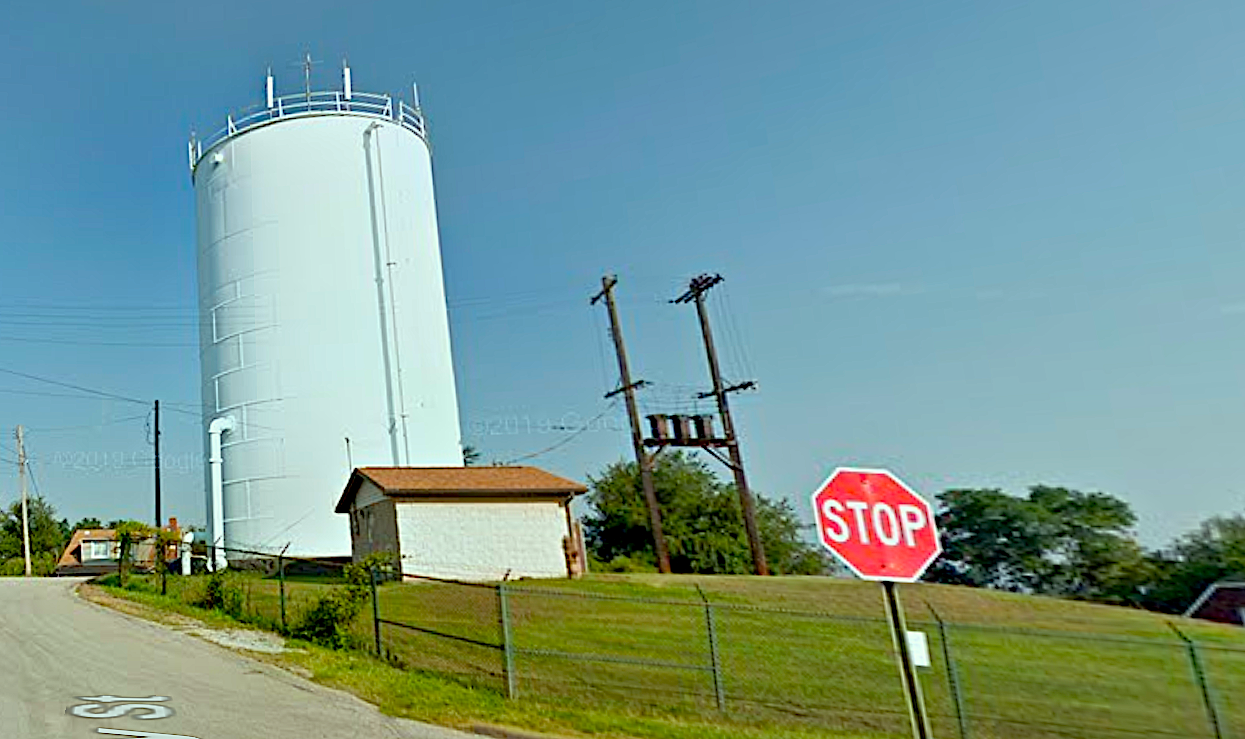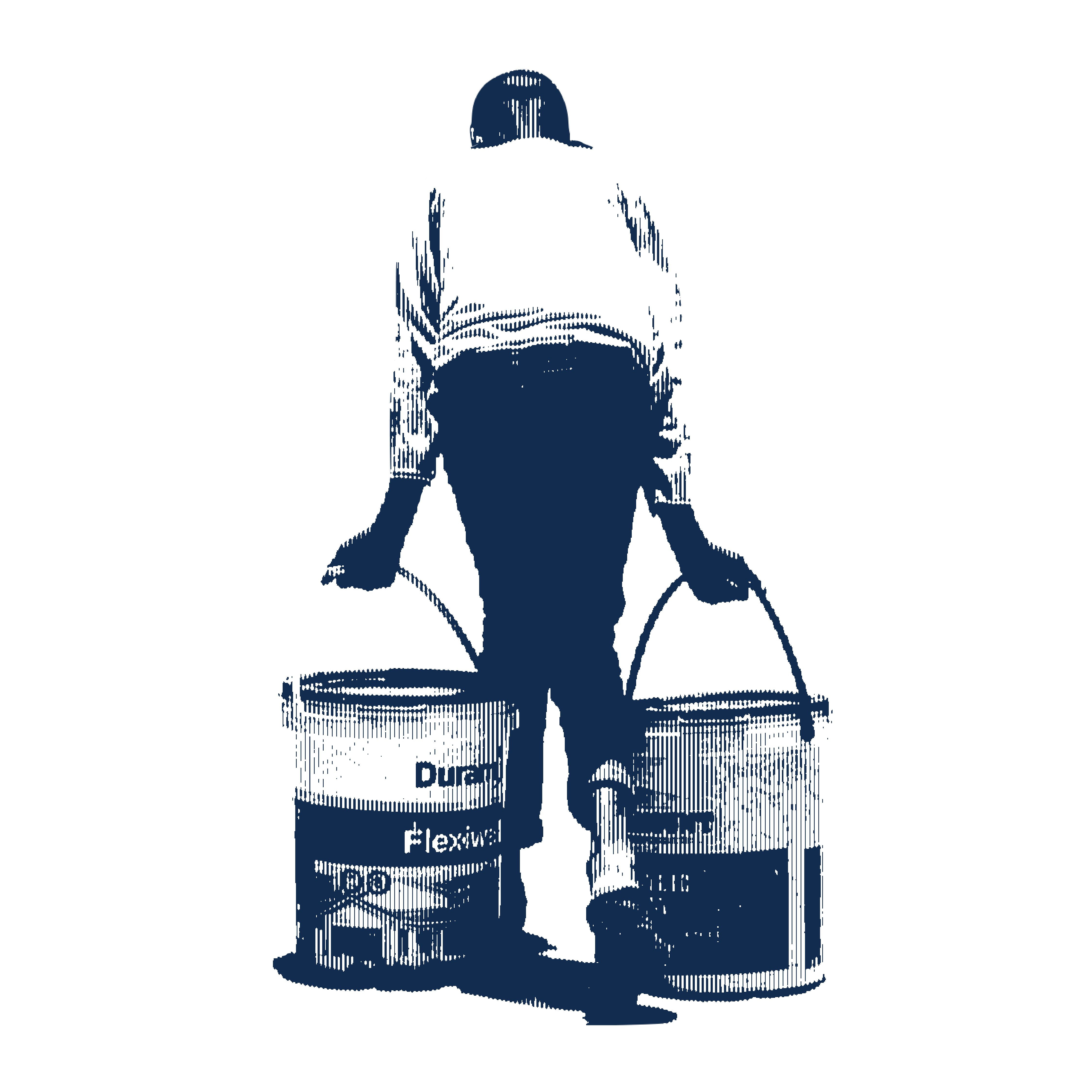Editor's note: This story was originally published with Marketplace, and features the work of 2021 Post-Graduate Reporting Fellow Catharine Smith.
America’s current infrastructure is falling apart, and a prime example can be found in Duquesne, Pennsylvania.
Duquesne is a low-income community with many of the same infrastructure issues as other cities with majority Black populations. More than a third of Duquesne residents live in poverty, and the pandemic has only worsened their financial situations.
Like other cities in the U.S., residents in Duquesne don’t have access to clean water, and utility bills are often the expense that breaks the bank for families, as the average water bill in America rocketed up 80% in the last decade.
Repairs to the current infrastructure system are usually left up to local governments. While larger metropolitan cities can handle these issues, smaller cities like Duquesne can’t always afford to make the repairs. This leaves the door open for private companies to acquire ownership of these infrastructure systems. But private ownership doesn’t always fix the problem.
Catharine Smith, an editor at KUOW and a reporting fellow for The Pulitzer Center, writes, “America’s water industry is a tangled mess of mostly small municipal authorities that operate crumbling pipes … Communities across the nation are now weighing their options, as deferred costs pile up, and local authorities scramble to find modern solutions to their aging infrastructure without raising taxes.”
Smith spoke to Marketplace host Amy Scott about aging infrastructure in low-income communities and how private companies are entering the picture. The following is an edited transcript of the conversation.
Amy Scott: Tell me about Duquesne, Pennsylvania, and what’s happening with the water there.
Catharine Smith: So Duquesne, Pennsylvania is a majority Black city. It’s nestled in the foothills outside of Pittsburgh. They have poor water quality, poor air quality. It’s only about 5,000 people, and it’s really been overlooked by some of the authorities in the area. A lot of people in town, they don’t trust their water; it comes out cloudy for a lot of residents. It smells funny, it tastes funny. The city says the water is safe to drink, but people just don’t trust it. One resident I talked to said that now he travels outside of the city borders to a natural spring, and he collects his drinking water from a spring because the water tastes so bad at his house. Also, the town doesn’t have a lot of money for infrastructure improvements. And so there’s just there’s a lot of problems with the town’s water system. And it doesn’t really have the money to fix it because it’s a very financially distressed city that’s losing population.
Scott: And so the water quality has gone down, but water bills are going up at the same time, right?
Smith: Yeah, and that’s something that’s happening all over the United States. And in a city like Duquesne, where you have a high percentage of people who are very low-income, rising water bills are going to hit them really hard and really fast. And so people who have, you know, more disposable income aren’t going to feel those increases as hard. And in a city like Duquesne, when you already have poor water quality and you’re being forced to pay more and more every year, people are going to start to look at that money and say, “Wait a minute. This doesn’t seem fair, this doesn’t seem right. What’s going on here?” And because the city doesn’t have a lot of money to fix the water infrastructure, it may be considering a sale to one of the large private water companies in the area.
Scott: Yeah, and we’re gonna get to that in a bit. But it’s hard not to notice that Duquesne is yet another example of a majority Black community dealing with this issue. I mean, we’ve seen this in Flint, Michigan, and Jackson, Mississippi, here in Baltimore, where I am. What do you make of this pattern?
Smith: I mean, I think it’s cities like, like Jackson, like Duquesne, like Flint — they’ve suffered from historic disinvestment in their water infrastructure, like a lot of cities have. And these cities have struggled to get funding in recent years,. They’ve deferred maintenance for a very long time, and, you know, all the problems with their water systems are coming home to roost kind of all at the same time. And cities that don’t have a lot of money are going to have worse problems with their water system. It’s going to hit them faster and harder than cities that have more money, that can maybe, you know, put Band-Aid fixes on their water systems more easily. So — like in Duquesne — you know, you’re seeing people with water that they say is undrinkable. And there’s really not a lot the city can do to fix it without a huge influx of money.
Scott: What is driving privatization from the municipal government perspective? Is it really just they can’t afford to upkeep this infrastructure?
Smith: Yeah, that’s a huge part of it. City governments, all over the country are having trouble maintaining their water systems. It’s incredibly expensive, it requires a lot of expertise, and most city governments just can’t handle the financial burden. And a city like Duquesne — where a high proportion of their residents are in poverty — the city’s basically broke. They just cannot shoulder a burden like that. And so you know, a private water company like American Waterworks, they’ll swoop in with a huge offer of money, look very appealing. It could help the city fund their police pensions, keep your lights on in City Hall. But at the end of the day, it usually leads to higher water bills for customers. Water bills tend to only run in one direction: They go up, they don’t come back down.
Scott: So these companies are charging more, but are they providing better service?
Smith: Well, I mean, it’s hard to say. In a city like Duquesne, where the public water service is really not serving the people, a private water system may be the better option for them if they can’t afford to fix their municipal infrastructure. But that just means that residents are going to be paying a lot more money. So it’s, you know, it’s a really tough decision that the town is weighing. I think in other cities, privatization doesn’t necessarily mean better service. But it could be a ticket for a city that’s really strapped for money.











